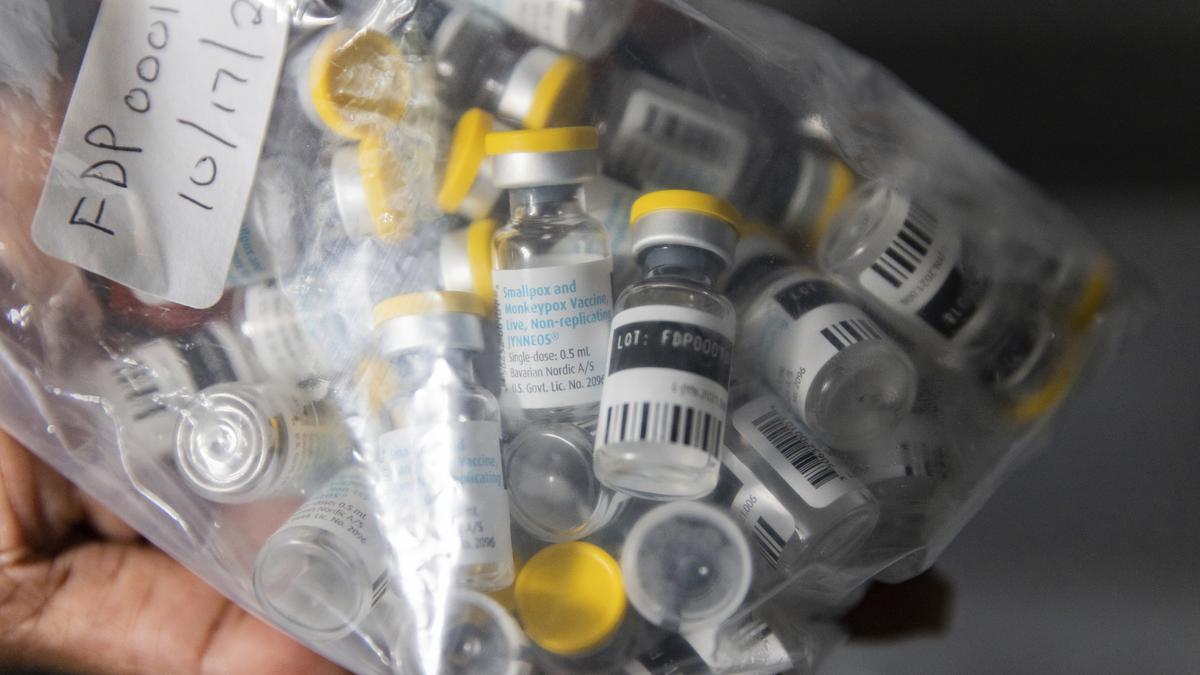The World Health Organization (WHO) has confirmed the sexual transmission of mpox in Congo, raising concerns about the disease’s spread. This marks the first time such transmission has been definitively proven in Africa. The outbreak in Congo is particularly worrisome, with over 12,500 cases and approximately 580 deaths. African scientists warn that the disease could be spreading in other parts of the continent, but it may be concealed due to anti-LGBTQ+ laws. They emphasize the importance of addressing the issue openly to effectively control the disease.
Mpox, also known as monkeypox, has been prevalent in central and west Africa for many years, primarily transmitted to humans through infected rodents. However, recent outbreaks in Europe, triggered by sexual activity among gay and bisexual men, have resulted in a global emergency declaration by WHO. The disease has now been identified in Congo’s capital, Kinshasa, and the conflicted province of South Kivu.
WHO recognizes the presence of numerous clubs in Congo where men engage in sexual activities with other men, including those who travel across Africa and Europe. The agency stresses the unusual nature of the recent mpox outbreak and emphasizes the potential for the disease to spread extensively within sexual networks. African virologists share concerns that the official figures may underestimate the true extent of the outbreak, as disease surveillance in Africa can be inconsistent.
Virologist Oyewale Tomori warns that the current situation in Congo likely reflects what is happening in other parts of Africa, but the virus is concealed due to discriminatory laws against LGBTQ+ communities. Such concealment hampers disease control efforts. Tomori believes that driving at-risk individuals into hiding makes it harder to curb the spread of the disease. He highlights the urgency of taking mpox more seriously and implementing immunization campaigns, as was done in Europe and North America during previous outbreaks.
The mpox virus manifests with symptoms like fever, chills, rash, and lesions on the face or genitals. While recovery usually occurs without hospitalization, WHO emphasizes the significant risk of mpox spreading to other countries in Africa and globally. Virologist Tomori expresses disappointment at the lack of vaccines and treatments available in Africa, despite thousands of cases. The confirmation of sexual transmission in Africa should serve as a wake-up call to address the issue promptly and allocate necessary resources for disease control.











